Wider industry trends towards more customized offerings from component manufacturers are also driving gearmotor designs. Manufacturers are offering designers more customized solutions via more in-house engineering resources, simplifying the design process. More custom solutions also mean greater integration with other components in a design, better connectivity and fewer compatibility issues.
For example, Gabriel Venzin, President of ABM Drives, shares how his company provides value-added services such as in-house engineering support to their customers. “ABM’s base business model is based on joint development of end-products with customer engineering input,” notes Venzin. “The products on most of our projects are being engineered in close cooperation with and input from the customer’s technical departments.”
Joint cooperation is the norm especially for components designed for specific, unique applications. One area where manufacturers are seeing increased demand is in automated guided vehicles (AGVs). A major trend in transportation has been in the direction of electric vehicles and here gearmotors excel. Some of the most common uses are in automated warehousing applications such as automated storage and retrieval (AS/RS) systems. However, gearmotors can also be used in other vehicle applications such as in forklifts, lifting technology, construction equipment, and packaging machinery, to name a few.
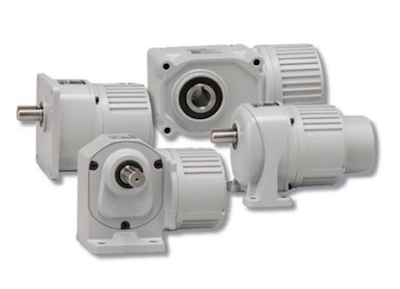
A typical requirement for gearmotors used in AGVs is that their size should be as compact as possible because of space limitations. And because AGVs are battery powered, the gearmotor power consumption needs to be minimized. One way to do this is to pair low-voltage dc motors with high-efficiency gearboxes. As dc motors have higher peak torque for a given size they can be smaller and lighter than other motor options.
For instance, brushless dc gearmotors from Brother are being used in AGV applications. There are a range of options depending on the specific requirements, including the motor type and housing, but also differing motor voltages including 12, 24, and 48 V.

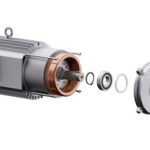
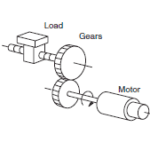

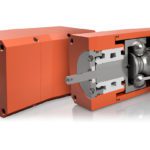
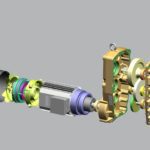

Leave a Reply
You must be logged in to post a comment.